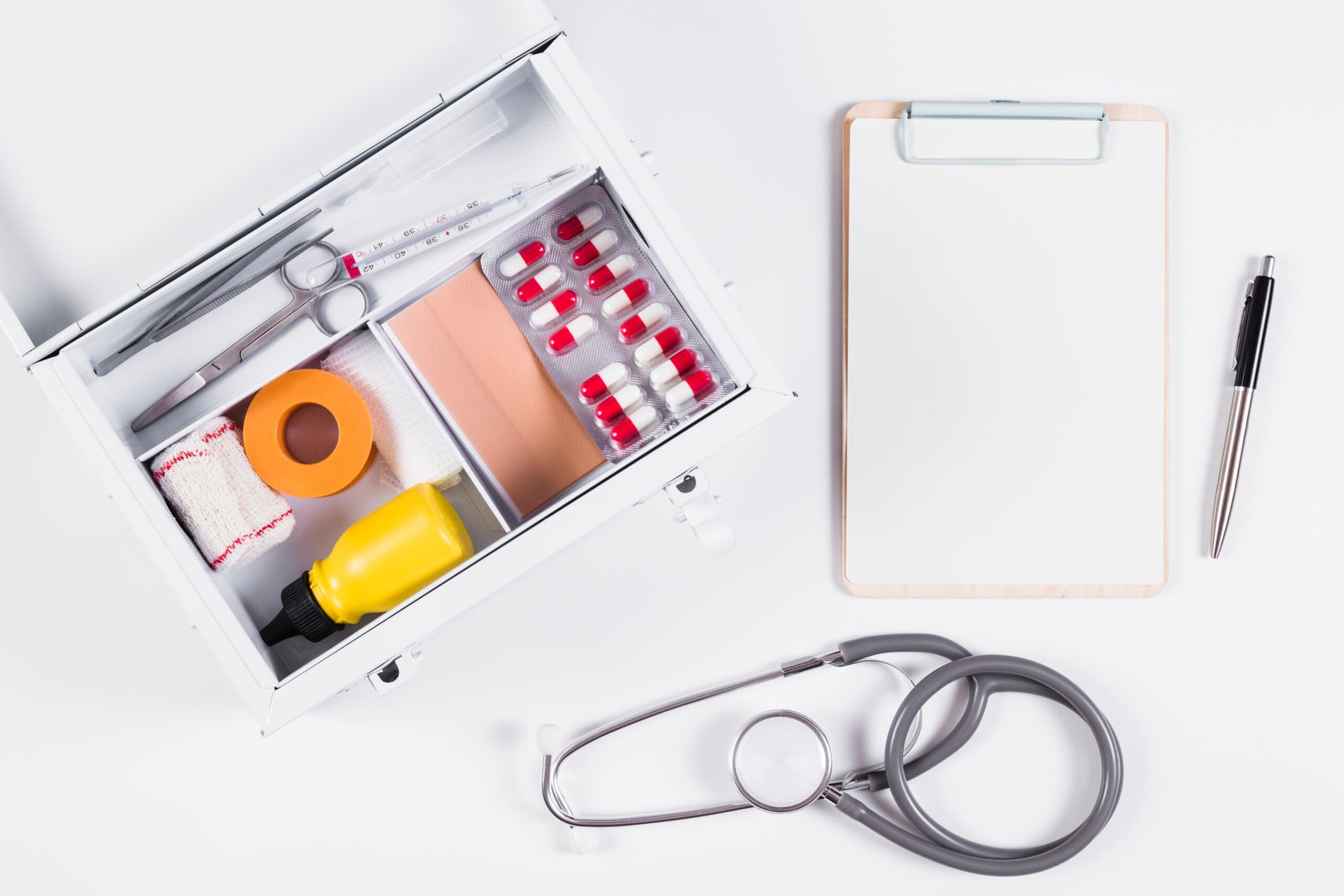Introduction
Going on vacation is an exciting experience, but it is important to be prepared for emergencies that could arise during your trip. A little bit of planning and preparation can make a big difference in keeping you and your loved ones safe and secure while on vacation. In this guide, we will provide you with tips and advice on how to prepare for emergencies during your vacation.

Know How To Contact Emergency Services
Make sure you know how to contact emergency services in the country you are visiting. Dial 911 is not always the emergency number in other countries. Be aware of the local emergency numbers and keep them on your phone.
Purchase Travel Insurance
Travel insurance is essential to cover you and your family in case of a medical emergency or trip cancellation. Make sure to purchase travel insurance before you leave for your trip. Make sure that the coverage is adequate for your destination and activities you have planned.
Stay Informed About The Weather
Check the weather forecast regularly before and during your trip. Be prepared for severe weather conditions such as hurricanes, typhoons, or snowstorms. Follow the advice of local authorities if there are any weather warnings or alerts.
Keep Your Valuables Safe
Keep your valuables such as passports, cash, and credit cards in a safe place. Do not carry them all in one place. Consider using a hotel safe or a money belt that can be worn discreetly under your clothes. Avoid carrying expensive jewellery or other valuable items while travelling.
Pack A Travel Emergency Kit
Pack a travel emergency kit that includes essential items such as a first aid kit, prescription medications, a flashlight, extra batteries, a whistle, and a portable charger. It’s also a good idea to pack a small amount of cash and copies of your important travel documents such as passports, travel itinerary, and insurance documents.
Follow Local Laws And Customs
It is essential to be aware of local laws and customs, and make sure to follow them. This will help you avoid trouble with local authorities and keep you safe. Research the cultural norms of your destination and dress appropriately.
Research Your Destination
Before you leave for your trip, research your destination thoroughly. Learn about the potential risks, such as natural disasters, political instability, or high crime rates, and plan accordingly. Check the government websites or travel advisory sites for the latest safety information and register for the Smart Traveler Enrollment Program (STEP) to receive updates from the U.S. embassy or consulate in your destination.
Know How To Get Help In An Emergency
Make sure you know how to contact your embassy or consulate in case of an emergency. Keep the contact information in your phone, and notify them if you experience any problems while travelling. They can assist you with a lost passport, medical emergencies, or other legal issues.
Learn Basic First Aid
Knowing basic first aid skills can be a lifesaver in an emergency. Consider taking a first aid course before your trip, and make sure to pack a basic first aid kit.

Plan For Communication
Communicating with loved ones back home is essential in case of an emergency. Plan ahead and inform your family or friends of your itinerary and travel plans. Consider using international roaming on your phone or purchasing a local SIM card to stay connected.
Keep A Positive Attitude
Finally, staying calm and positive in an emergency situation can make all the difference. Keep a positive attitude, be flexible, and follow the advice of local authorities. With a little bit of planning and preparation, you can enjoy a safe and enjoyable vacation.
Keep Important Documents With You
Make copies of your passport, driver’s licence, travel insurance policy, and other important documents and keep them in a separate place from the originals. You can also store digital copies on your phone or email them to yourself.
Conclusion
In conclusion, being prepared for emergencies during your vacation is crucial. Make sure to research your destination, pack a travel emergency kit, purchase travel insurance, know how to contact emergency services, stay informed about the weather, keep your valuables safe, follow local laws and customs, know how to get help in an emergency, plan for communication, and keep a positive attitude. With these tips, you can have a safe and enjoyable vacation.









